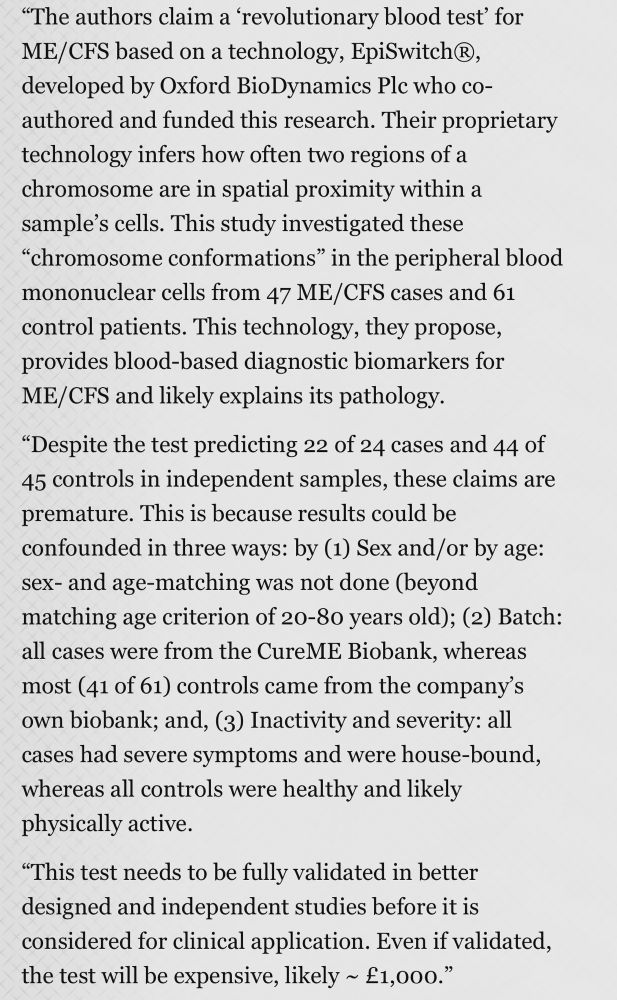Unequal access to diagnosis of myalgic encephalomyelitis in England - BMC Public Health
Background People with Myalgic Encephalomyelitis (ME/CFS; sometimes referred to as chronic fatigue syndrome) experience poor health-related quality of life and only rarely recover. ME/CFS has no curative treatment, and no single diagnostic test. Public health and policy decisions relevant to ME/CFS require knowledge of its prevalence and barriers to diagnosis. However, people with ME/CFS report lengthy diagnostic delays and prevalence estimates vary greatly due to uneven diagnosis and misdiagnosis. Factors that influence diagnosis could be revealed by stratifying a single population by gender, age and ethnicity. Methods Hospital Episode Statistics data, routinely collected by the NHS in England, was downloaded from the Feasibility Self-Service of NHS DigiTrials. This was used to stratify individuals with the ICD-10 code that best reflects ME/CFS symptoms (G93.3) according to age, self-reported gender and ethnicity, General Practice and NHS England Integrated Care Board (ICB). Results In all, 100,055 people in England had been diagnosed with ME/CFS (ICD-10:G93.3) between April 1 1989 and October 7 2023, 0.16% of all registered patients. Of these, 79,445 were females and 20,590 males, a female-to-male ratio of 3.88:1. Female relative to male prevalence peaked at about 6-to-1 in individuals’ fourth and fifth decades of life. Prevalence varied widely across the 42 ICBs: 0.086%-0.82% for females and 0.024%-0.21% for males. White individuals were approximately fivefold more likely to be diagnosed with ME/CFS than others; Black, Asian or Chinese ethnicities are associated with particularly low rates of ME/CFS diagnoses. This ethnicity bias is stronger than for other common diseases. Among active English GP practices, 176 (3%) had no registered ME/CFS patients. Eight ICBs (19%) each contained fewer than 8 other-than-white individuals with a G93.3 code despite their registers containing a total of 293,770 other-than-white patients. Conclusion Other-than-white ethnic groups, older females (> 60y), older males (> 80y), and people living in areas of multiple deprivation are disproportionately undiagnosed with ME/CFS. Lifetime prevalence of ME/CFS for English females and males may be as high as 0.92% and 0.25%, respectively, or approximately 404,000 UK individuals overall (0.6%). This improved estimate of ME/CFS prevalence allows more accurate assessment of the socioeconomic and disease burden imposed by ME/CFS.









